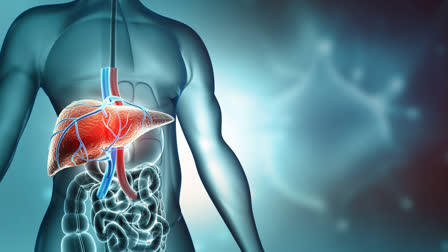In the last few years, cases of Gastroparesis are increasing across metro cities, especially due to sedentary lifestyle and bad food habits. It is a condition that impacts the nerves and muscles in the stomach. We got in touch with Senior Consultant Dr. Meghraj Ingle at Gastroenterology Gleneagles Hospitals in Mumbai to understand the symptoms and causes of the disease and the treatments available to treat Gastroparesis.
“Timely intervention is key to improving the quality of life. Gastroparesis is a condition characterized by the prolonged retention of food in the stomach also known as delayed gastric emptying,” says Dr. Ingle.
Symptoms:
The symptoms of this condition are abdominal pain, bloating, nausea and vomiting, poor appetite, sudden weight loss, feeling full, malnutrition, indigestion, constipation, and abnormal blood sugar levels.
Causes:
The exact cause of Gastroparesis is not clear. However, according to Dr Ingle diabetes is one of the most common causes of this condition. “Even certain medication and surgery can lead to this condition.”
What are the risk factors?
The risk factors for this condition are cancer, viral infections, cystic fibrosis, autoimmune disease, Parkinson’s disease, thyroid problems, and Scleroderma. “Gastroparesis can lead to a range of complications like severe dehydration as constant vomiting may result in dehydration. A reduced appetite can lead to insufficient calorie intake, or you might struggle to absorb necessary nutrients due to vomiting. Food that remains undigested in the stomach can solidify into a mass which can trigger nausea and vomiting and may pose serious risks if it obstructs the passage of food into the small intestine.”
Can gastroparesis cause diabetes?
While gastroparesis itself does not cause diabetes, fluctuations in how quickly and how much food enters the small intestine can lead to unpredictable blood sugar variations, exacerbating diabetes symptoms. Poor blood sugar management can worsen gastroparesis.
Timely medical attention
